The Netherlands has long been recognized as a pioneer in progressive family legislation, and its approach to plural family structures continues to challenge traditional norms. The Dutch legal system’s flexibility in accommodating diverse family forms reflects a broader societal shift toward recognizing the complexities of modern relationships. While the term "plural families" might evoke images of polygamous arrangements, the Dutch context is more nuanced, focusing on legal protections for non-traditional households without necessarily endorsing polygamy, which remains illegal.
At the heart of this legal landscape is the concept of gezinsvormen, or family forms, which acknowledges that families can exist beyond the nuclear model. Cohabiting couples, whether same-sex or opposite-sex, enjoy many of the same rights as married couples, thanks to registered partnerships and cohabitation agreements. This inclusivity extends to multi-parent families, where children may have more than two legal parents, a groundbreaking provision that underscores the Netherlands’ commitment to adapting law to lived realities.
One of the most striking aspects of Dutch plural family law is its recognition of social parenthood. Unlike many jurisdictions that rigidly tie parental rights to biology or marriage, Dutch courts increasingly consider the depth of emotional and caregiving bonds. For instance, a child’s "mother" might include both the birth mother and her female partner, while a "father" could encompass a sperm donor who plays an active role in the child’s life. This approach prioritizes children’s stability over bureaucratic definitions.
The legalization of same-sex marriage in 2001 was a watershed moment, but the Netherlands didn’t stop there. Recent years have seen debates about expanding parental recognition further—such as allowing three or more adults to share legal parenthood. These discussions often center on "intentional families," where groups of friends or romantic partners collectively raise children. While such arrangements aren’t yet codified, lower courts have occasionally ruled in favor of triple-parent configurations, signaling a possible future direction for legislation.
Financial and inheritance rights within plural families reveal another layer of innovation. Dutch law permits elaborate contractual family structures through notarial deeds, enabling groups to define property ownership, care responsibilities, and succession plans. This is particularly relevant for kringgezinnen (circle families), a Dutch term for households where multiple adults share domestic life without romantic ties. Tax authorities now recognize these units for certain benefits, provided they meet cohabitation criteria.
Critics argue that plural family laws could create legal ambiguities, especially in international contexts where such arrangements lack recognition. A Dutch child with three parents might face bureaucratic hurdles when traveling to countries that only acknowledge binary parenthood. Nevertheless, the Netherlands continues refining these frameworks, recently introducing clearer guidelines for international private law conflicts involving multi-parent families.
What makes the Dutch experiment remarkable isn’t just its legal provisions, but the cultural shift they represent. By decoupling caregiving from rigid familial labels, the system acknowledges that love and responsibility aren’t zero-sum games. As other nations grapple with defining family in the 21st century, the Netherlands offers a compelling case study in balancing individual autonomy with collective welfare—one plural family at a time.
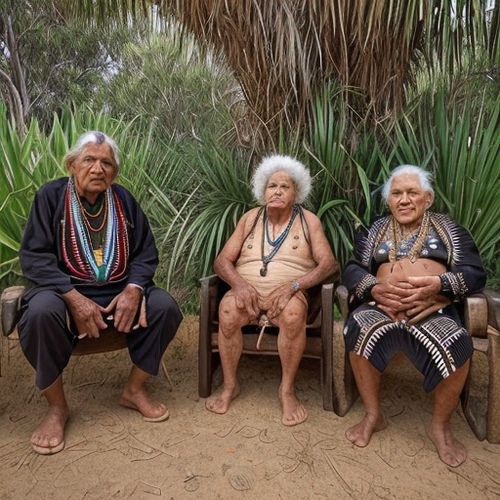
By Sophia Lewis/Apr 19, 2025
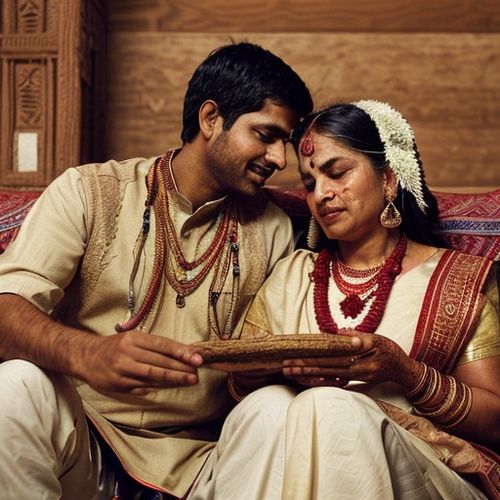
By Joshua Howard/Apr 19, 2025

By Laura Wilson/Apr 19, 2025
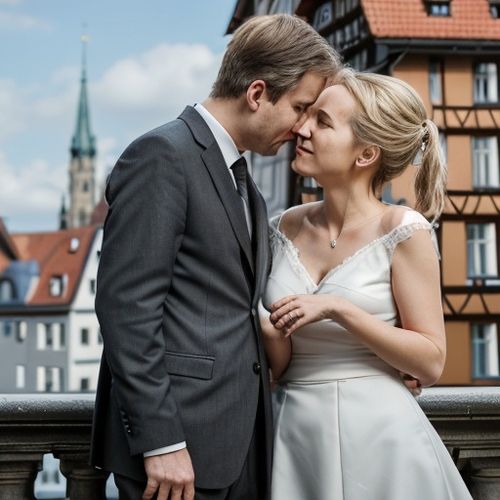
By James Moore/Apr 19, 2025

By Eric Ward/Apr 19, 2025

By Ryan Martin/Apr 19, 2025

By Elizabeth Taylor/Apr 19, 2025
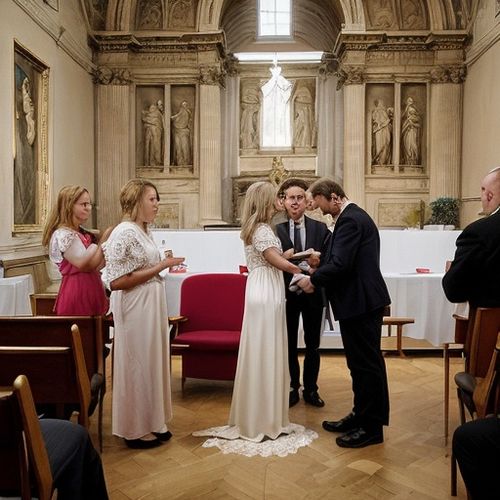
By Samuel Cooper/Apr 19, 2025

By Benjamin Evans/Apr 19, 2025
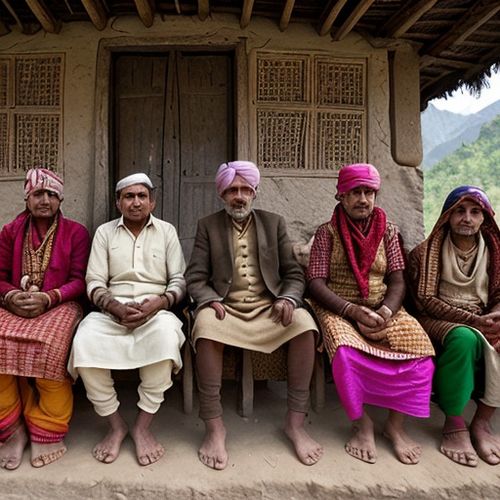
By Christopher Harris/Apr 19, 2025

By Olivia Reed/Apr 19, 2025
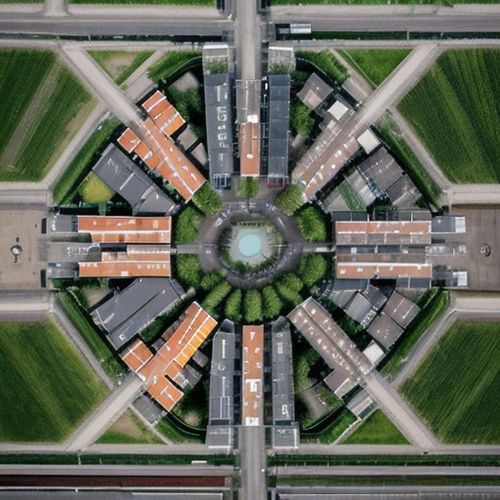
By Megan Clark/Apr 19, 2025

By Michael Brown/Apr 19, 2025

By William Miller/Apr 19, 2025

By Sarah Davis/Apr 19, 2025

By Joshua Howard/Apr 19, 2025
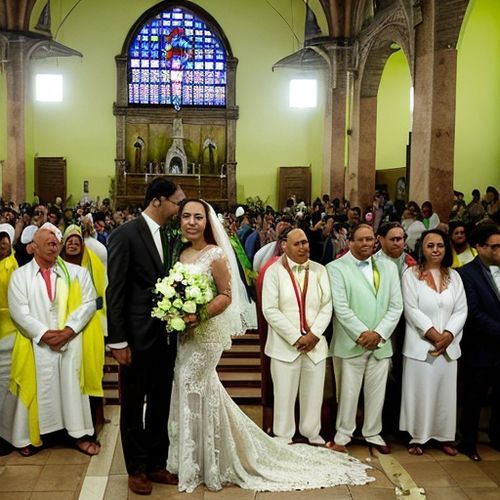
By Ryan Martin/Apr 19, 2025

By Eric Ward/Apr 19, 2025

By Jessica Lee/Apr 19, 2025
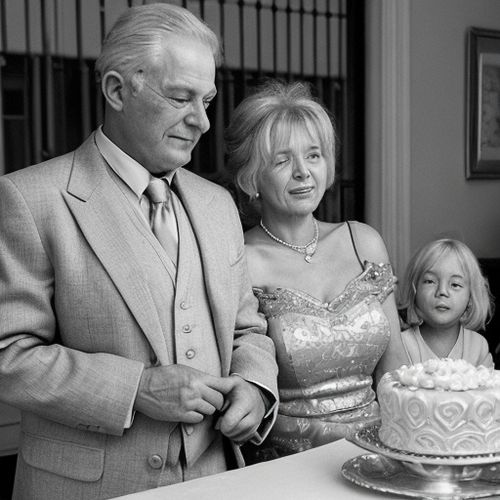
By David Anderson/Apr 19, 2025